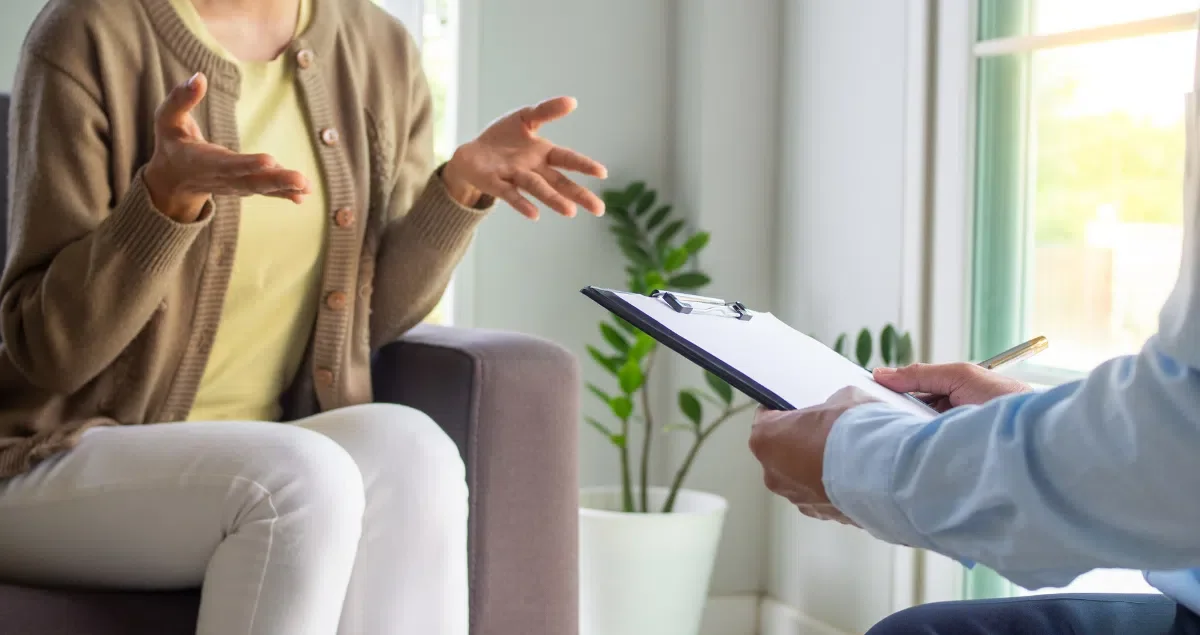What Types of Therapy Are Most Effective for Anxiety or Depression in Chicago?
If you’ve been wondering, “What therapy works best for anxiety or depression in Chicago?”—you’re not alone. These are two of the most common mental health concerns, and living in a busy, high-pressure city can sometimes make them feel even heavier. The good news? There are proven therapies that really do help, and Chicago has excellent options, whether you prefer one-on-one support, medication, or a group setting.
Let’s walk through the most effective types of therapy and how they can make a difference in your day-to-day life.
How Can Individual Therapy Help Me Manage Anxiety or Depression?
Think of individual therapy as your personal safe space—just you and your therapist. Many people start here because it allows you to work through your thoughts and feelings at your own pace. If you’re battling anxiety, your therapist can help you recognize triggers and practice calming strategies. For depression, individual sessions create room to rebuild confidence and motivation step by step.
Over time, these sessions aren’t just about “coping”—they’re about helping you feel more in control and hopeful again.
Is Psychodynamic Therapy Effective for Long-Term Anxiety or Depression?
Psychodynamic therapy goes beyond surface symptoms. Instead, it helps you understand how past experiences or unconscious thoughts might be fueling your current struggles. For example, if depression feels like it keeps circling back no matter what you try, psychodynamic therapy can help uncover the “why.”
In Chicago, psychodynamic therapists work with you to dig deeper, spot hidden patterns, and make lasting emotional shifts. For many, this insight brings not just relief, but long-term change.
Can Group Therapy Really Help With Anxiety and Depression?
It might feel intimidating at first, but group therapy is one of the most powerful tools against anxiety and depression. Why? Because it reminds you that you’re not alone. Group therapy sessions connect you with others who get it.
Sharing stories, practicing coping techniques together, and learning from each other’s journeys can be incredibly healing. For anxiety, group therapy helps reduce the sense of isolation. For depression, it can spark hope when you hear how others are moving forward.
Should I Consider Medication or Combined Therapy?
Sometimes therapy alone isn’t enough—and that’s completely okay. Medication management, especially when combined with therapy, can make a huge difference for people struggling with more severe anxiety or depression. Many providers offer combined therapy and medication treatment, which means your therapist and doctor work together to find the right balance for you.
This integrated approach often leads to faster, more sustainable improvements—because it addresses both the emotional and biological sides of mental health.
What Role Does Couples Therapy Play in Mental Health?
Anxiety and depression don’t just affect the individual—they can affect relationships too. Couples therapy can be incredibly effective if you or your partner are struggling with mental health challenges.
Couples therapy provides tools to communicate more openly, manage stress together, and support each other’s well-being. For example, if one partner experiences depression, couples therapy helps both partners learn how to cope, reduce conflict, and build stronger emotional connections.
For many, this shared effort makes recovery feel less lonely and creates a healthier relationship dynamic.
Can Therapy Really Work Without Medication for Anxiety?
A common question is whether therapy alone is “enough” for anxiety or depression. The answer is: yes, for many people, it can be.
Individual, psychodynamic, and group therapies have all shown strong effectiveness in reducing symptoms without medication. In fact, many people prefer starting with therapy before considering medication.
That said, the choice depends on your personal situation. Some cases benefit from combined treatment, while others do well with therapy alone. The important thing is to consult a professional who can guide you toward the option that feels right for you.
Which Type of Therapy Is Best for My Anxiety in Chicago?
There’s no one-size-fits-all answer. The most effective therapy depends on your unique needs, comfort level, and goals. Some people thrive in one-on-one therapy, while others find group therapy or medication support more effective. The key is to start somewhere—reach out, book a session, and give yourself permission to explore what works best for you.
Living in Chicago means you have access to some of the best therapists and mental health professionals in the country. Whether you choose individual therapy, psychodynamic sessions, group therapy, or combined treatment, help is available—and recovery is possible.





